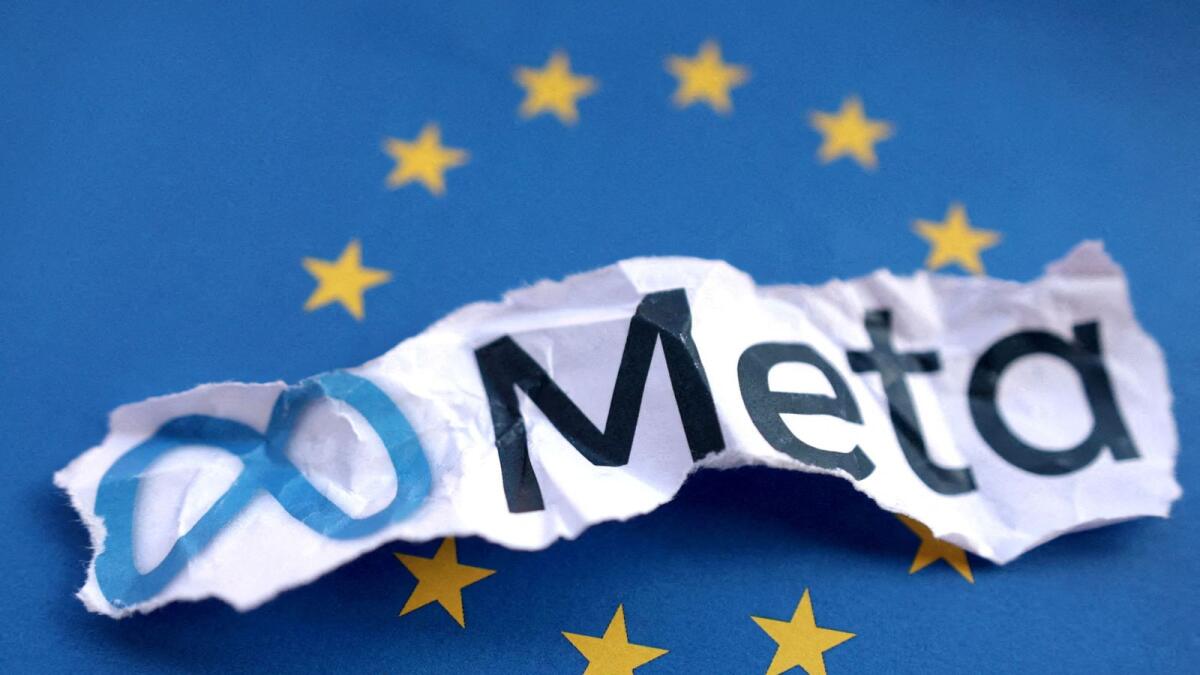Meta Platforms, previously known as Facebook, has recently been charged by EU antitrust regulators for failing to comply with landmark tech rules related to their advertising model. The company introduced a new pay or consent advertising model that allows users to either consent to tracking in exchange for a free service funded by advertising revenues, or pay for an ad-free service. The European Commission, which enforces EU competition laws, has stated that this binary choice breaches the Digital Markets Act (DMA), which aims to regulate the power of Big Tech companies. The commission has sent its preliminary finding to Meta, alleging that the model forces users to consent to the combination of their personal data and does not offer them a less personalized but equivalent version of Meta’s social networks.
EU antitrust chief Margrethe Vestager has expressed the importance of empowering citizens to have control over their own data and to choose a less personalized advertising experience. Meta has defended its advertising model by stating that it complies with a ruling from Europe’s top court and the DMA. The company looks forward to further dialogue with the European Commission to resolve the investigation. If found guilty of breaching the DMA, Meta could face a fine of up to 10% of its global annual turnover. The Commission is expected to conclude its investigation by March next year.
In addition to the EU antitrust regulators, privacy activists and watchdogs have also raised concerns about Meta’s advertising model. Reuters initially reported the EU competition enforcer’s decision to charge Meta with non-compliance under the Digital Markets Act. This action against Meta comes shortly after the EU issued its first DMA charge against Apple for failing to comply with the new rules. It is evident that tech companies like Meta are facing increased scrutiny and regulation in Europe, particularly regarding their advertising practices and data handling.
It is crucial for tech companies like Meta to adapt their business models to comply with evolving regulatory frameworks and user expectations regarding privacy and data protection. The EU’s Digital Markets Act represents a significant milestone in efforts to rein in the power of Big Tech and ensure fair competition in the digital marketplace. By holding companies like Meta accountable for non-compliance with these rules, regulators are sending a strong message about the importance of respecting user rights and data privacy.
Moving forward, Meta and other tech companies will need to prioritize transparency, user consent, and data protection in their business practices to avoid regulatory penalties and maintain the trust of their customers. The outcome of the European Commission’s investigation into Meta’s advertising model will likely have implications for how other tech companies approach data privacy and advertising in the digital space. It is essential for companies to stay informed about regulatory developments and proactively address any compliance issues to avoid potential fines and reputational damage. By working closely with regulators and stakeholders, tech companies can foster a culture of responsible data management and ethical advertising practices that prioritize user rights and privacy.











